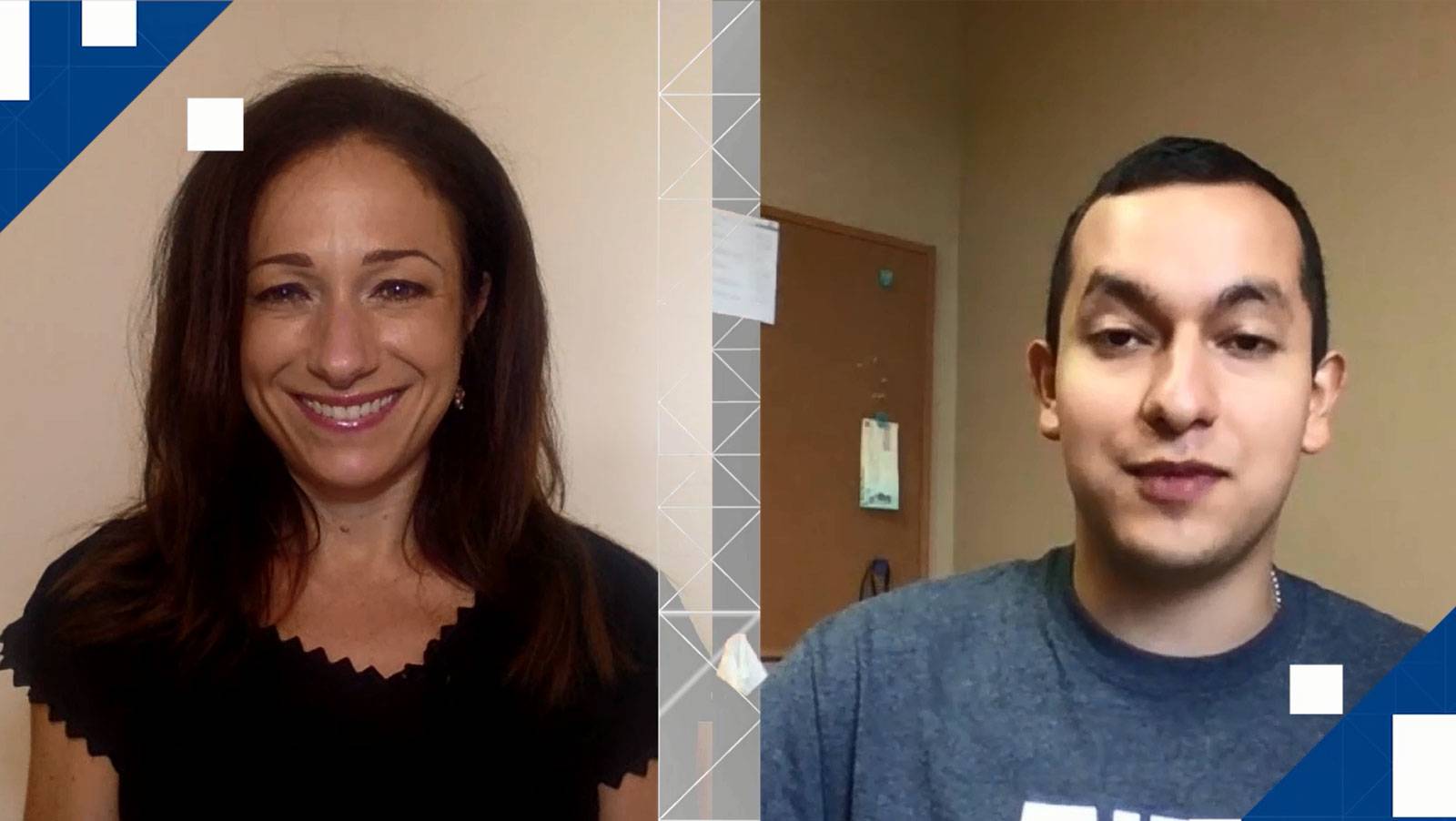Lyceum Media’s annual Fire & Ice party is one of the best networking opportunities of the year for gambling industry professionals and this interview with Marco Cuesta of FirstBlood is a perfect example of why. My colleague Carol Tan met Cuesta in a shared taxi back to the hotel after Fire & Ice 2017 and she learned of his passion for Blockchain technology, gaming and eSports during the ride. Fast forward to three months later and here we are.
FirstBlood offers a decentralized reward system for eSports players built on the distributed server processing system Ethereum Blockchain. What I found most exciting about Cuesta’s company’s innovation is the fact they have discovered how to use Blockchain in ways other than transferring payments via Bitcoin and have the foresight to see just how much this technology is going to disrupt our world.
When it comes to the advantages of being built on Blockchain, Cuesta sited security, transparency, accountability and accessibility but also mentioned the influence Bitcoin’s success has had on the further development of the technology into platforms such as Ethereum.
“[Bitcoin is] mainly meant for payments and it was revolutionary because instead of one person having the ledger of pluses and minuses and transactions, now millions of people on the network have it. That was the revolutionary thing that Bitcoin did for people, make this publically viewable ledger system, but now you have something called Ethereum which has much more functionality”, he said.
When explaining how the Ethereum Blockchain works, Cuesta compared its functionality to that of building programs on top of an old-fashioned telephone and ending up with a smartphone that can still make calls but now has the capability to carry out many other functions.
 “With Ethereum, you have this system where you can not only have transactions happening with exchanges of value, but you can actually build programs on top of this network, such a voting systems, escrows, things having to do with insurance, or our eSports platform”, he shared.
“With Ethereum, you have this system where you can not only have transactions happening with exchanges of value, but you can actually build programs on top of this network, such a voting systems, escrows, things having to do with insurance, or our eSports platform”, he shared.
“Everyone can see the transactions that are happening on this system. So if somebody is making bets, wagers, or organizing a tournament or something that doesn’t have to do with gambling, you can see all the transactions that happen. Everyone knows the payout is going to happen for this tournament and they’re also going to be able to see the results. The winners will be published”, Cuesta added.
One of the most substantial benefits of building on the Ethereum Blockchain is the ability to interact instantly without the need for any third parties such as payment platforms, banks or other verification systems.
“Everything is on the same database. Its like the next level of the internet where we’re all connected. Instead of Amazon and Microsoft and all these people having their own systems and the tubes that connect them, its all the same database so its very efficient” Cuesta explained.
When asked how he became aware of the disruptive Blockchain technology, Cuesta said he first heard of it at the North American Bitcoin Conference in Miami back when he was in college.
“I was a ‘Bitcoiner’ and I started out because I was a trader and one of my best friends – and CEO now of FirstBlood – was teaching me a little bit about derivatives at the time and all of a sudden he started talking about this internet money that he’s using his old Dell laptop to mine. It was really interesting stuff, worth about a couple dollars at the time”, he said.
“What really caught my attention after I started to look deeper into it and looked at the whitepaper was that [Bitcoin] was a borderless, transfer of wealth system for anyone to interact with using a smartphone, internet access or a desktop”, he added.
Cuesta pointed out how developing markets are mostly mobile-based these days and if you take a city like NYC into consideration, even homeless people have smartphones they can use on the free subway wifi system. People living in rural China don’t have landlines, but they have smartphones, he said.
“I saw massive potential and of course nobody can stop it which is an amazing thing too, you’d have to basically take down the internet. You’re giving people the basic human right of having financial dignity and being able to control their own assets. I saw this was a real long term benefit here”.
When it comes to Ethereum specifically, Cuesta said he heard about it for the first time at the Bitcoin conference in Miami and someone used the old-fashioned phone analogy to explain it, something that clearly stuck with Cuesta. Once he understood more about Ethereum, it was an easy decision to build the FirstBlood platform on top of it.
“For our team at least, we decided to use Ethereum because of its breath and because of how big the network was, there was a very strong development community behind it and there were many other projects which we saw potential of integrating with down the line and just things that would add future value to this network”, he said.
Cuesta was present for the recent launch of the ‘Ethereum Enterprise Alliance’ in the JP Morgan Building in Brooklyn, a clear sign the technology is attracting attention from huge companies and has the potential to expand across the globe in a wide scale.
“You have all these enterprise companies like Microsoft, Intel, banks like Santander and accounting companies, PWC, coming together to say we need to use this Ethereum technology to either create private systems for ourselves, or integrate directly with this public, permissionless Blockchain ledger”, he shared.
